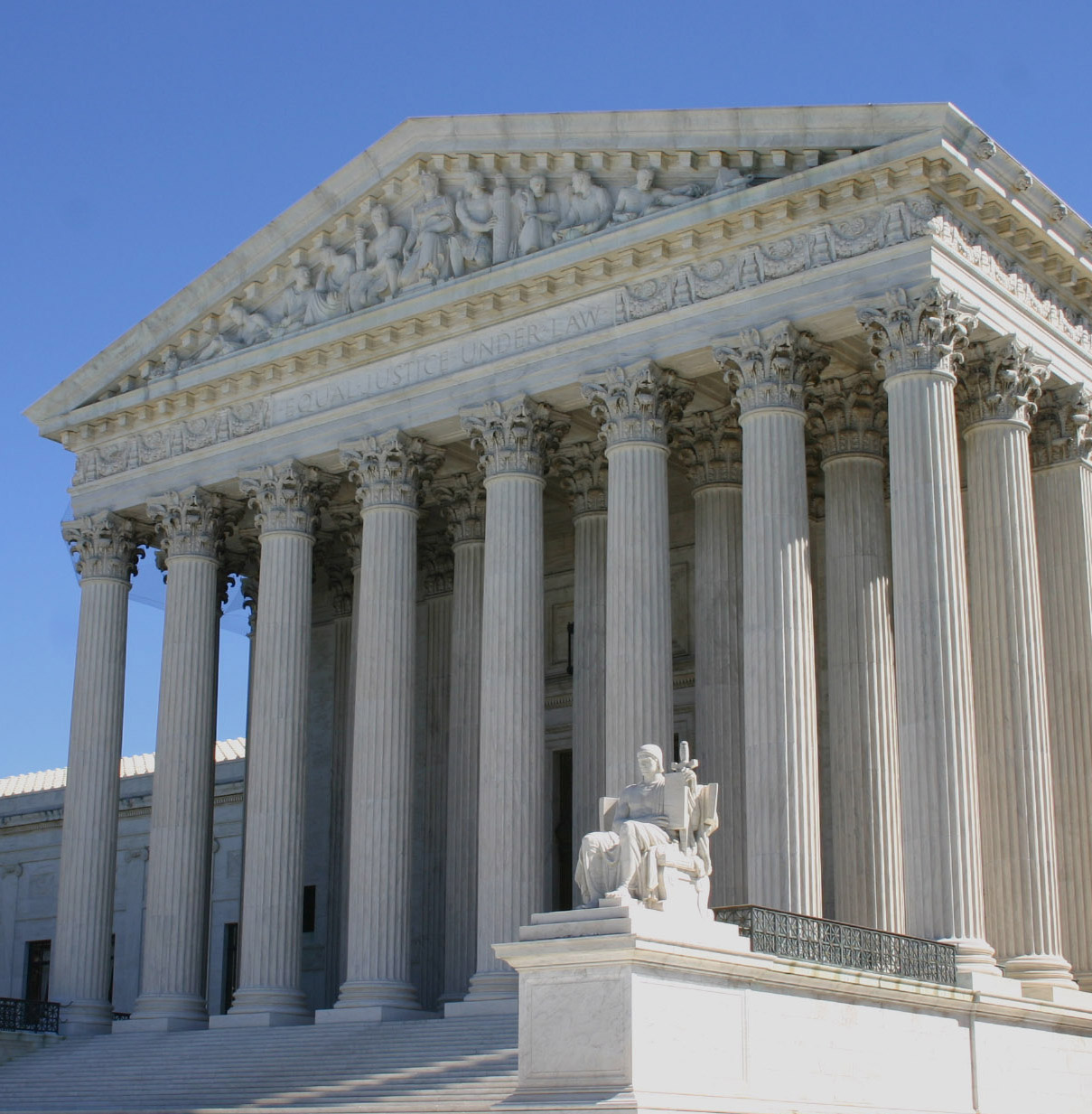On December 16, 2020, the Supreme Court of the United States granted review in the consolidated cases National Collegiate Athletic Association (“NCAA”) v. Alston and American Athletic Conference v. Alston for a total of one hour of oral argument during its 2020-2021 October Term. The cases originated from the U.S. Court of Appeals for the 9th Circuit and have not yet been scheduled for argument before SCOTUS.
The cases: In 2014, a class of Division 1 (“D1") student-athletes, collectively referred to as “Alston” and as “student-athletes,” filed several antitrust complaints against the National Collegiate Athletic Association (“NCAA”) and 11 D1 conferences in federal district court, challenging the NCAA’s compensation rules for student-athletes. The NCAA claimed that the challenge was settled in a previous case, O’Bannon v. NCAA. The Northern District of California ordered the NCAA make its compensation rules less restrictive for student-athletes and ruled that the compensation rules in their iteration at that time were unlawful restraints of trade under the Sherman Antitrust Act (“Sherman Act”). On appeal, the U.S. Court of Appeals for the 9th Circuit affirmed the district court’s conclusion, order, and its assessment of liability. The NCAA appealed to the Supreme Court.
The issue (NCAA v. Alston): Whether the 9th Circuit’s holding that the NCAA eligibility rules regarding student-athletes’ compensation violate federal antitrust law was in error.
The issue (American Athletic Conference v. Alston): “Whether the Sherman Act authorizes a court to subject the product-defining rules of a joint venture to full Rule of Reason review, and to hold those rules unlawful if, in the court’s view, they are not the least restrictive means that could have been used to accomplish their procompetitive goal.”
The outcome: The appeals are pending adjudication before the U.S. Supreme Court.
The Supreme Court began hearing cases for the term on October 5, 2020. As of December 21, the court had agreed to hear 49 cases during its 2020-2021 term. Of those, 12 were originally scheduled for the 2019-2020 term but were delayed due to the coronavirus pandemic. The court had issued opinions in 10 cases this term. Four cases were decided without argument.
Additional reading:


